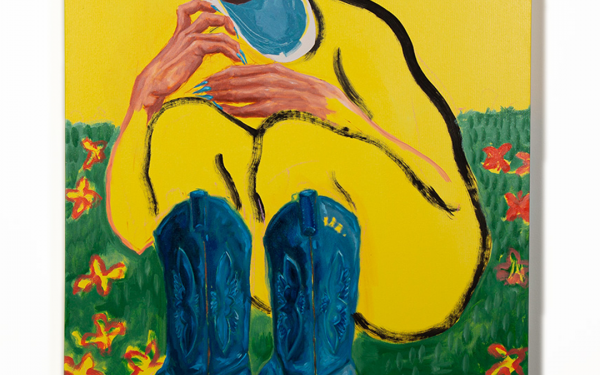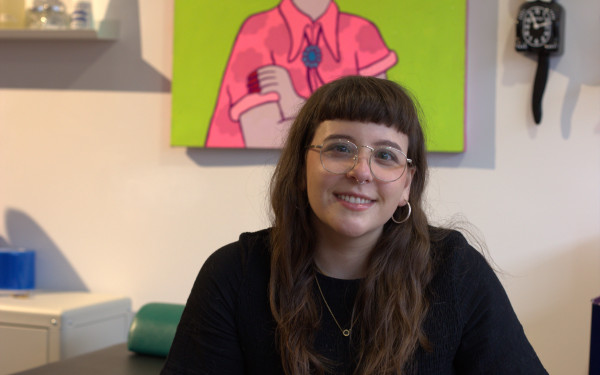Editorial: Emergency Meeting
“Political freedom in [the Western world] clearly came along with the free market and the development of capitalist institutions,” wrote right-wing economist Milton Friedman in his 1962 book Capitalism and Freedom.
Friedman was a founding theorist in an economic movement known as neoliberalism. He argued that in order to maximize freedom, capitalism needed to be completely unshackled and unrestricted. His impact on the global economy fundamentally transformed how we lived our lives following the late 1970s, including his profound influence on some of the most ruthless anti-working class politicians globally.
The tenets of neoliberal capitalism are as follows: mass privatization of public services, the elimination of price controls and regulations, and most importantly, the mass reduction of taxes for the ultra-wealthy. Sound familiar?
Canadian society is now five decades deep in neoliberal economic policy. Wealth inequality has gotten so abominable that the least wealthy 40 per cent of Canadian households control only two per cent of net worth nationwide. The wealthiest fifth, on the other hand, controls approximately 70 per cent of the wealth.
Simultaneously, local and provincial governments have been contemplating back-to-work legislation to end strikes organized by workers who cannot afford to put food on the table.
Worker productivity is at a near all-time high, and corporate consolidation has seen all this generated wealth get funneled to the wealthiest within the owner class. The Canadian working class is beyond burnt out.
Beyond our productivity, what has also been burning at record rates due to neoliberal policies is our planet. The environmental destruction caused by capitalist production has never been more dire—especially considering Indigenous land defenders’ pleas for immediate climate action. Instead of listening to their voices, Canadian officials have decided that Indigenous resistance and existence are an inconvenience, as seen by the police raids of an encampment for unhoused Indigenous people in Edmonton just last week. The existence of racist police forces and the maintenance of other systemically racist institutions only further the existence of the capitalist state.
The most unfortunate part of our current economic reality is we have been conditioned to believe these issues are simply flukes in a reformable system.
The reality is that these are not fixable problems; the system is operating as intended.
The result of decades of corrosive policies has resulted in a mass feeling of hopelessness: that there is no alternative. As easy as it may be to lose hope in a future without crushing student debt, piles of medical bills, tax dollars stuffed into the coffers of military contractors, or skyrocketing rent, the goal of the bourgeoisie is to snuff out any thoughts that jeopardize its wealth.
While many progressives argue that showing love through community engagement and participation in the local small business economy is an adequate fix, this is not nearly enough of a step in the right direction. Love cannot power through as long as the free market has our government in a chokehold.
We would like to argue that true love is active, politically engaged and radical. Showing up to protest the Canadian government’s complicity in the slaughter of over 25,000 Gazans because of its economic ties to Israel is a form of radical love. Getting politicians and university administrators to divest from fossil fuel companies is a form of radical love. Marching and urgently demanding a better future is community-based love at its most grassroots.
As a media organization, we have tried our best to platform change makers and system disturbers. As you read through this special issue on class and the economy, we hope you can reflect, discuss politics with your loved ones and mobilize for what you believe in. There is a future beyond this capitalist hellscape, and it all starts with class consciousness.

_900_520.png)





